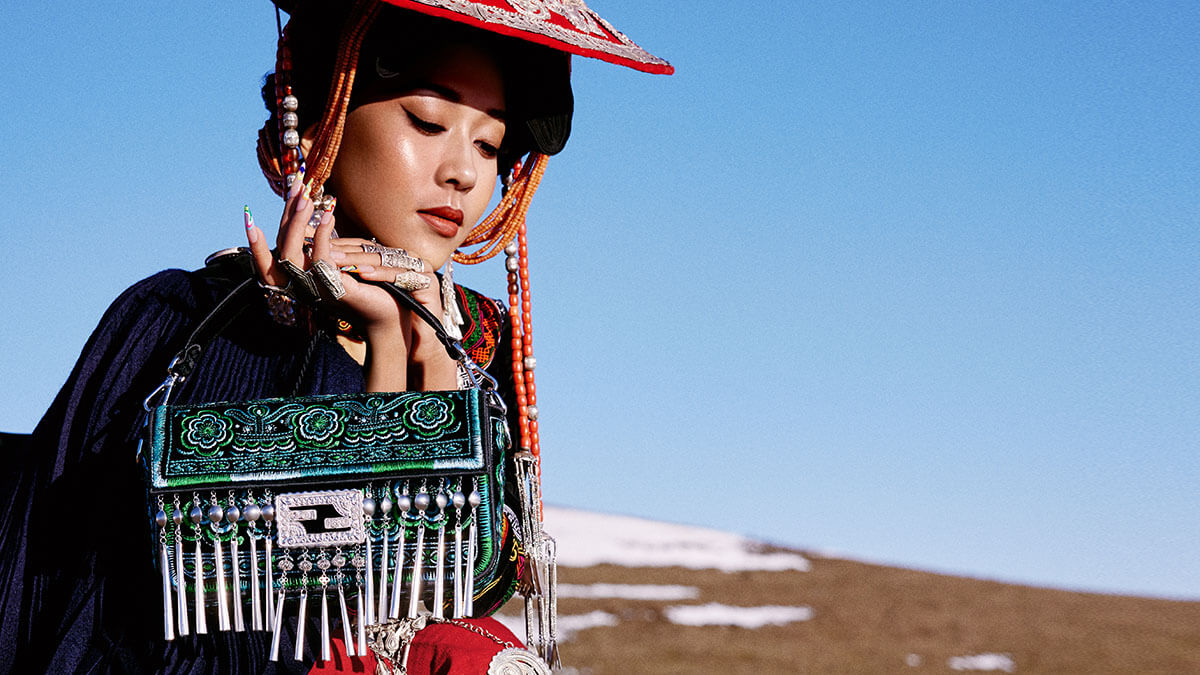
L’Oréal Group, a “veteran” of CIIE that has participated each year, showcased products from 22 brands, including Australian skincare brand Aēsop, Kérastase Paris, Armani Beauty and Shu Uemura, as well as technical innovation such as a computerised makeup applicator designed for users with limited hand and arm mobility, and a tool that uses 3D printing tech to apply eyebrow makeup.
The Estée Lauder Companies brought 16 brands, which between them introduced hundreds of new goods, including a red pomegranate line by Estée Lauder targeting Asian skin. The group also unveiled VISIA CR 5.0, which can capture skin colour and facial contours in one shot, and cutting-edge skin testers like the Moisture Map skin moisture distribution tester and the Hirox digital skin microscope.
Some mainstream brands also utilised CIIE to unveil tech and initiatives aimed at capturing local attention as well as generating feedback. For instance, Uniqlo showcased nano-fibre technology and lightweight Heattech thermal underwear, alongside its clothing. The brand also revealed that it aims to open 60 new retail stores across China this year.
Nike announced it would establish the China Sports Research Laboratory (NSRL) in Shanghai in 2024. Angela Dong Wei, global vice president and general manager of Greater China, says first-hand consumer insights and research data from China will inform the brand’s worldwide product trend innovation.
The Estée Lauder Companies’s China president and CEO, Joy Fan, also made “local innovation” strategic. “Chinese consumers inspire our product innovation. We will have more China-led R&D (research and development) initiatives, [and] undertake [these] based on Chinese consumer needs.”
Sustainability was another point of focus for many brands at CIIE. Canada Goose gave an insight into its partnership with the local government to protect wildlife in the Sanjiangyuan National Park; its first big CSR project outside of Canada.
Tapestry-owned brand Coach introduced Coachtopia to CIIE. The sub-brand was launched on the premise that the fashion industry’s linear life cycle doesn’t promote sustainable development. One Coachtopia bag can make two to three more bags or be combined into one. In addition to material choices, the team designed a more environmentally friendly disassembly approach and added a digital passport so consumers can track production materials. “We hope to treat environmental protection as an ecological chain, no longer linear production, procurement, production and sales, but transform it into a cyclical lifecycle,” says Yann Bozec, Asia Pacific president at Tapestry Inc.
Comments, questions or feedback? Email us at [email protected].
How luxury brands forged emotional connections during China’s 520
Big-scale fashion shows are back in China. How important are they for luxury brands?
Q2 sees the Chinese luxury market perform beyond Q1 expectations
